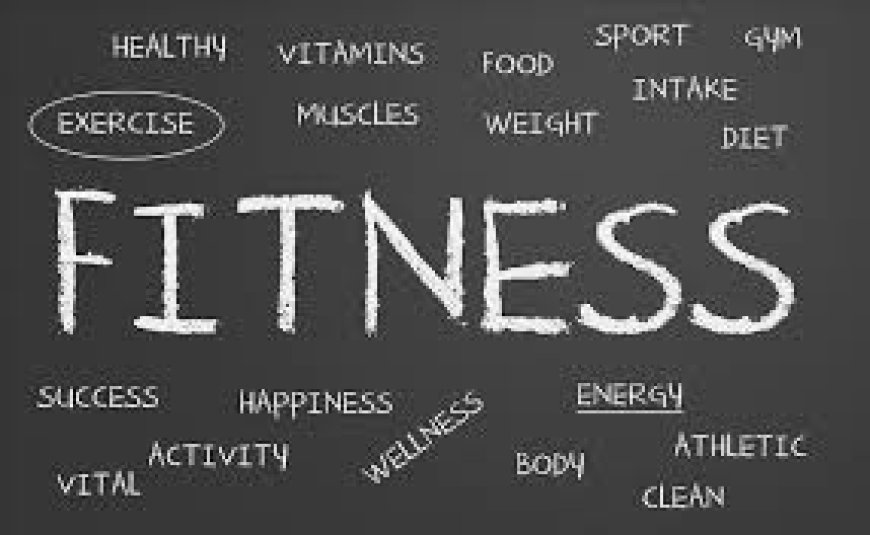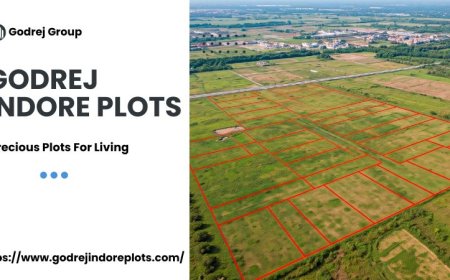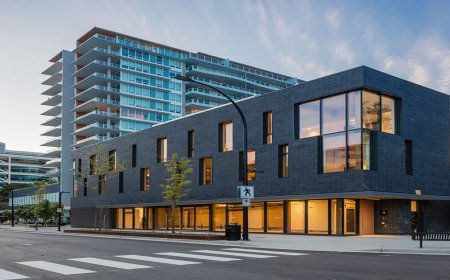What is Fitness
Discover what fitness truly means, exploring its health and skill components for a balanced, active lifestyle. What is fitness?

Understanding Fitness: A Comprehensive Look at Physical Fitness
What is Fitness?
Fitness encompasses a broad spectrum of physical capabilities, but at its core, it refers to the ability of your body systems to operate in harmony, facilitating overall health and enabling you to engage in daily activities with ease. A fit individual not only manages school or work responsibilities effectively but also has the stamina to enjoy recreational activities and respond adeptly to everyday challenges. This could range from physical tasks like raking leaves or lifting boxes at work to urgent situations requiring a swift response, such as providing aid to someone in distress.
The Components of Physical Fitness
What Is Physical Fitness?
Physical fitness is categorized into two primary components: health-related and skill-related fitness. Each of these categories includes various parts that contribute to an individual’s overall physical capability.
Health-Related Physical Fitness
Health-related physical fitness comprises six key components:
- Body Composition: The ratio of fat to lean tissue in the body.
- Cardiorespiratory Endurance: The ability of the heart and lungs to supply oxygen during prolonged physical activity.
- Flexibility: The range of motion available in a joint.
- Muscular Endurance: The capacity of a muscle to exert force repeatedly over time.
- Power: The ability to exert maximum force in a short period.
- Strength: The maximum amount of force a muscle can produce.
These components are crucial not only for performing physical activities but also for reducing the risk of chronic diseases. For example, improved cardiorespiratory endurance can lead to better heart health, while increased strength supports effective daily functioning.
Skill-Related Physical Fitness
In addition to health-related components, skill-related fitness consists of five elements that enhance performance in sports and activities requiring motor skills:
- Agility: The ability to change direction quickly and control movements.
- Balance: Maintaining stability and control during movement.
- Coordination: The integration of hand-eye and body movements.
- Reaction Time: The speed at which an individual responds to stimuli.
- Speed: The ability to move quickly across the ground or move limbs rapidly.
While skill-related fitness components are less directly linked to health, they play a vital role in sports performance. For instance, good balance can significantly reduce fall risk in older adults, highlighting the importance of these skills even beyond athletic performance.
The Importance of Comprehensive Fitness
A well-rounded approach to fitness ensures that you’re not only skilled in one area but maintain a balance across all aspects of physical fitness. For example, a proficient runner may excel in cardiovascular endurance but might not perform equally well in flexibility or strength. Thus, it's essential to assess your fitness level across all components to ensure overall health and wellness.
Fit Fact: Recent research has indicated that power, previously categorized as a skill-related component, has been reclassified as a health-related aspect due to its significant association with wellness and quality of life. Enhancing power through specific exercises can contribute to better bone health, particularly in children and adolescents.
Enhancing Your Physical Fitness
Achieving and maintaining good health-related fitness is attainable for everyone, regardless of athletic ability. Regular participation in physical activities tailored to improving health-related components can lead to significant health benefits. For instance, engaging in aerobic exercises can enhance cardiorespiratory endurance, while strength training can improve muscular strength and endurance.
Importantly, good health doesn’t hinge on excelling in skill-related fitness. Rather, it comes from consistent effort to enhance your health-related physical fitness, making it accessible to everyone—from elite athletes to those who may view themselves as less capable.
In summary, physical fitness is a multifaceted concept that encompasses both health and skill-related components. To promote optimal health, it's crucial to cultivate strength, endurance, flexibility, and other attributes that support both daily activities and athletic performance. Embracing a holistic approach to fitness not only fosters physical well-being but also contributes to a more vibrant and active lifestyle.
What's Your Reaction?























































